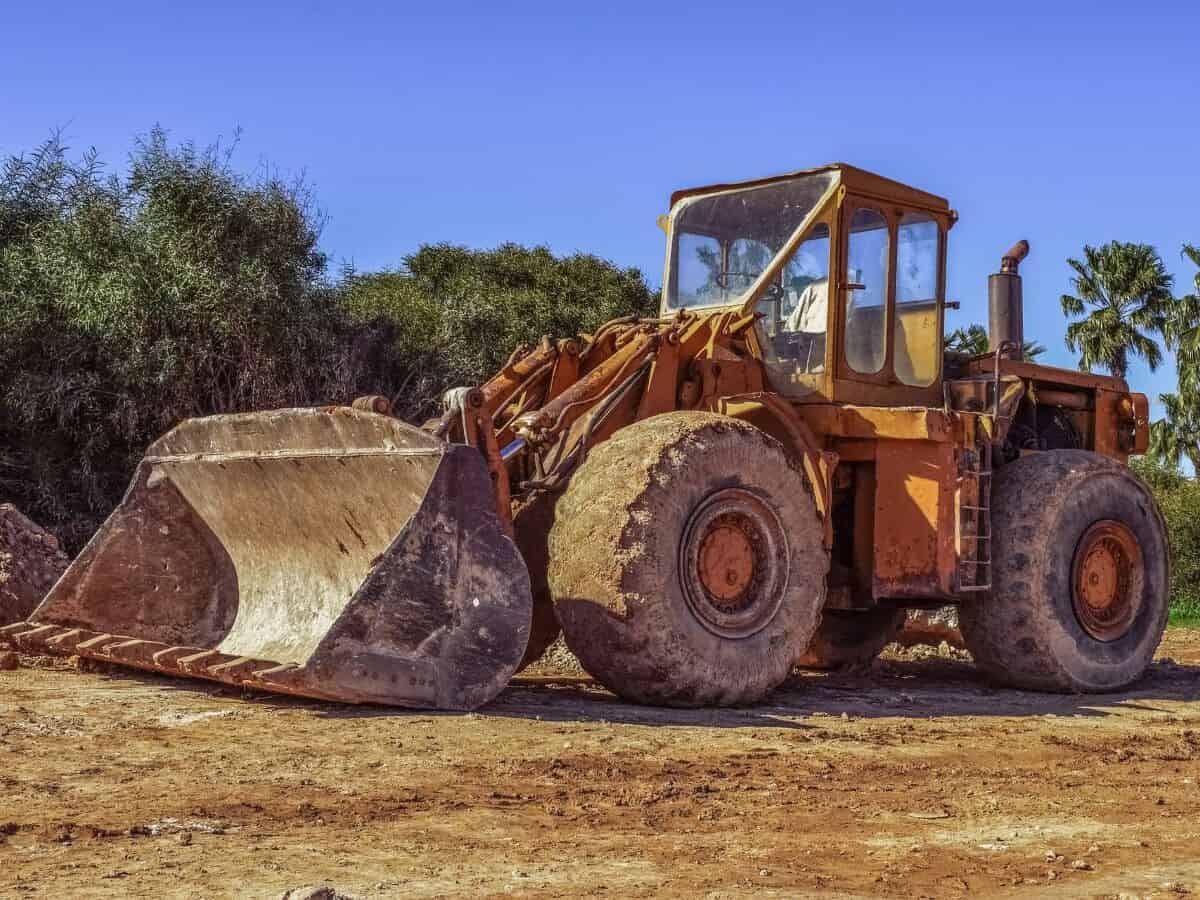
In a significant decision, the Supreme Court of India on Tuesday, September 17, ordered the halt of all demolitions across the country unless prior permission is obtained from the court.
The Court clarified that this order won’t be applicable to encroachments on public roads, footpaths, railway lines, waterbodies.
The next hearing is scheduled to take place on October 1.
While passing the order, the bench Justices BR Gavai and KV Viswanathan observed, “Even if there is one instance of an illegal demolition… it is against the ethos of our Constitution.”
When the Solicitor General of India Tushar Mehta objected to the apex court’s order stating it would tie the hands of the statutory authorities, the Supreme Court remarked that “heavens won’t fall” if the demolitions are stopped for a week.
The Supreme Court flagged “glorification” and “grandstanding” over bulldozer action in the country, and said if necessary, it would involve the Election Commission of India in the issue.
The apex court said that neither the unauthorised occupants nor the authorities should be allowed to take any advantage of ‘lacunas’ in municipal laws.
The apex court was hearing a plea filed by Jamiat Ulema-i-Hind, claiming that several houses of persons were demolished in Delhi’s Jahangirpuri immediately after the riots in April 2022 on the allegation that they had instigated riots.
The petition contended that authorities cannot resort to bulldozer action as a form of punishment and such demolitions violated the right to a home, a facet of the right to life under Article 21 of the Constitution. Further, it prayed for direction to order the reconstruction of the houses demolished.
In an earlier hearing held on September 2, the top court mulled the formation of pan-India guidelines against the demolition of property of individuals accused of committing criminal offences.
It stressed that even unauthorised construction has to be demolished in “accordance with law” and state authorities cannot resort to the demolition of the property of the accused as a punishment.
The SC remarked that not only the house of an accused, but the house of a convict cannot meet such a fate while clarifying the apex court‘s intention to not protect unauthorised structures.
(With IANS inputs)
